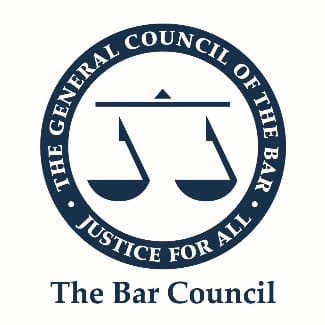DR v UG [2023] EWFC 68
Judgment date: 05 April 2023
https://caselaw.nationalarchives.gov.uk/ewfc/2023/68
Moor J. The parties were Danish. H was aged 57 and W aged 49. Children aged 18, 16, and 16. Married 2004, marriage broke down in 2019.
H was CEO of a drugs manufacturer but staged a management buy-out which gave him 70% shares. His purchase was funded by mortgage on the matrimonial home and cashing in a Danish pension. He staged what the judge termed a ‘remarkable turnaround in the fortunes of the business’. The parties’ assets were very modest apart from H’s shareholding. An SJE valued this at £87 million, saying that the company had significant potential.
However, the company then experienced a series of production problems relating to batch contamination which imperilled the existence of the company to the extent that H advised W that she would have to receive welfare benefits. By July 2021 these had been resolved and investment banks valued the company at £290–350 million. The company was then sold. The judge accepted as true that the company had been in meltdown in March 2022 and sold for an enormous amount a few months later.
H, who had resigned on sale, estimated his shares at this point to be worth some £273 million, on which no UK tax was payable. He offered W £83.3 million plus school fees. W sought £140 million (approx. half of the assets), arguing that she had relocated on many occasions for H’s benefit and risked everything by funding the company buy-out by raising a mortgage on the FMH. At the final hearing, the assets comprised £284 million.
Held:
Stellar/special contribution:
- H argued that he had made a stellar/special contribution, a claim not made successfully by anyone since 2014.
- Moor J rejects applicability of this as a reason for departure from equality on the basis that none of the three tests set out in Work v Gray [2017] 2 FLR 1297 was satisfied. H’s work was not wholly exceptional. He was a shrewd businessman but some of his moves were obvious. There is no disparity in the respective contributions of the parties. W worked full-time looking after the children and H was away for 100 days per annum. H worked part time for mental health reasons. The company buyer did not view H’s continued involvement as crucial whereas they had done with other senior staff. Third, H’s financial achievement was enormous but there was an element of windfall and being in the right place at the right time. It was external consultants who resolved the issue with the batch contamination.
Post-separation endeavour:
- H argued that at the time of separation his interest was only £33 million and that sharing did not apply after separation.
- There is no future harvest justifying a departure from equality for post-separation endeavour: the company has been sold. H could only justify departure on grounds of undue delay or the development of a truly new venture.
- There had been no undue delay in bringing the case.
- There was no new venture which attracted the sale of the business. The purchaser wanted the existing product. The product may be a key component of specialised therapies and vaccines and H had established new facilities to research the use of the product in specialised therapy but the purchaser would have done this even if H had not. Moreover, with H working part-time his hand was not on the tiller.
- H was trading W’s undivided share in the house and W had thought everything they had was at stake whether it was or not: they were sharing the risk. The company could have failed and nearly did. W could have lost everything.
Outcome: Assets to be divided equally. W had succeeded entirely on her case. Difficult to settle case until business sold and by that time significant costs incurred. H should pay W £250,000 towards her costs.
Editor’s note: there is an easy way to remember this case about a drugs manufacturing company: surely intentionally, it has been called DR UG.





